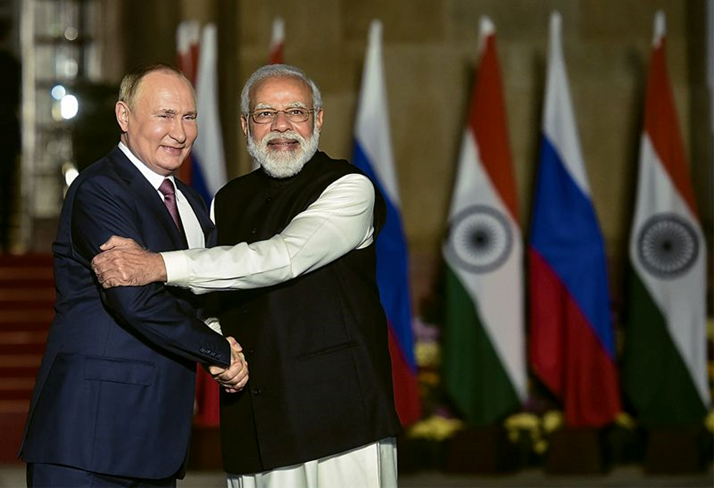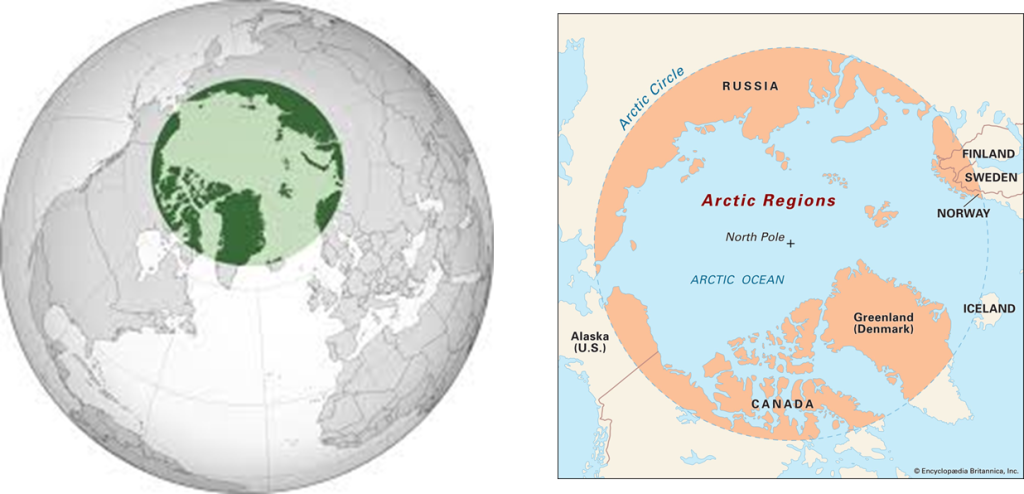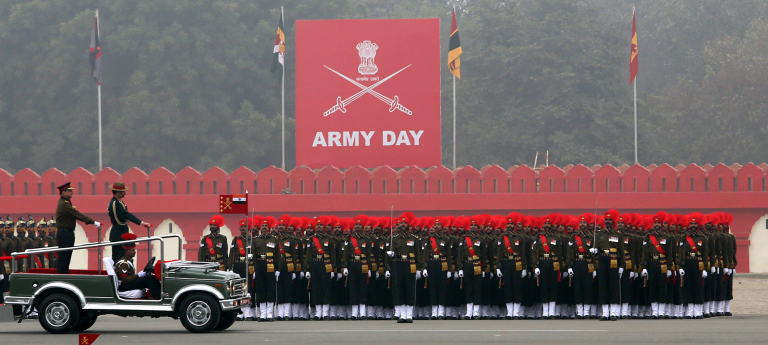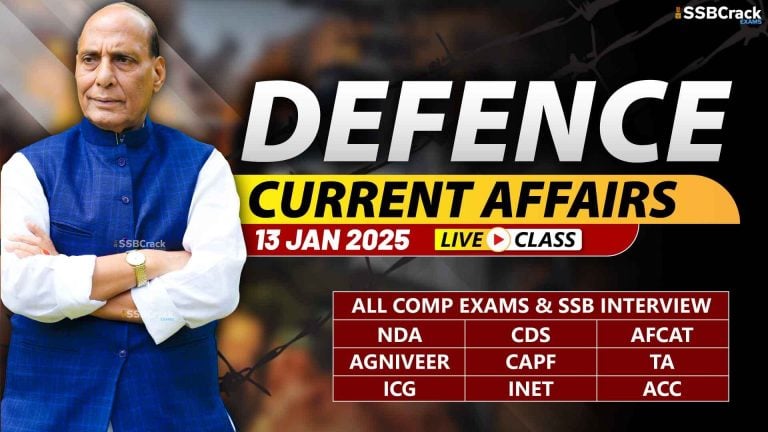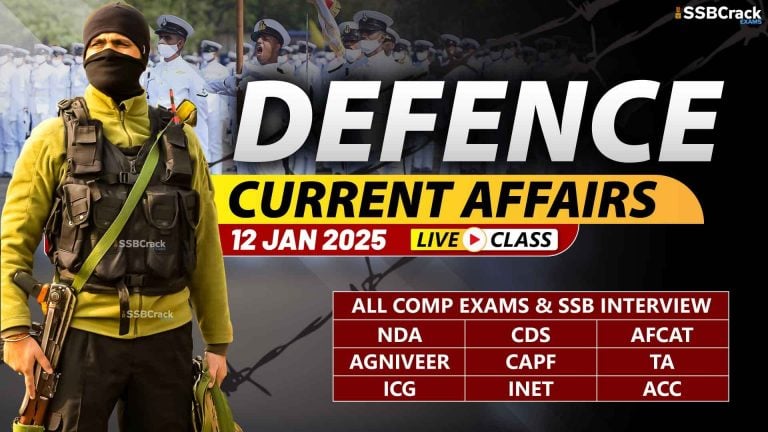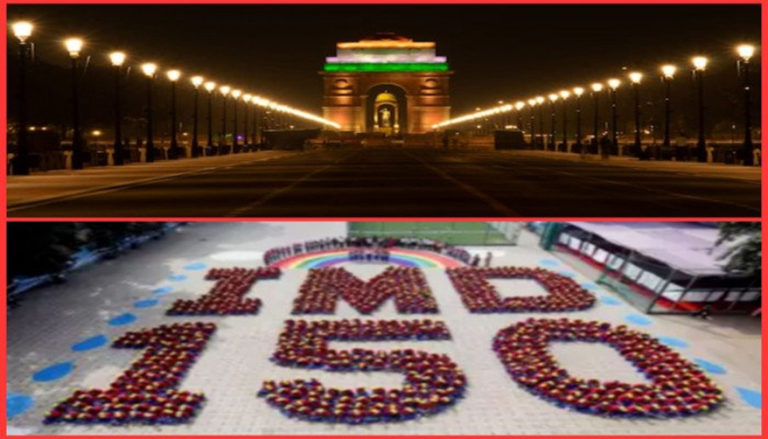In a significant development, Russia has announced that it is considering a new level of military cooperation with India, involving the joint deployment of troops and an agreement on logistics support.
India-Russia Relations: New Military Cooperation And Logistics Agreement
In a significant development, Russia has announced that it is considering a new level of military cooperation with India, involving the joint deployment of troops and an agreement on logistics support. This potential move marks a new dimension in the strategic relationship between the two nations, signalling deeper defence ties and mutual reliance. Russian PM Mikhail Mishustin has tasked his country’s Defence Ministry with negotiating the details of this proposal with India.
Russia’s new draft proposal includes the joint deployment of military formations, warships, and fighter jets. This deployment could potentially occur in each other’s territories, enhancing the operational capabilities and readiness of both nations. This concept of joint deployment is unprecedented for India, which has traditionally refrained from such agreements outside of United Nations (UN) peacekeeping missions.
Logistics Support Agreement
The logistics support agreement under consideration is akin to the Logistics Exchange Memorandum of Agreement (LEMOA) that India signed with the United States in 2016. Such agreements facilitate the use of each other’s naval and military bases for refueling, repairs, and resupply. India has similar agreements with countries like France, Australia, Singapore, and South Korea. However, despite long standing discussions, an agreement with Russia has not yet materialized.
Historical Context and Defence Exercises
The India-Russia defense relationship is longstanding and robust, with numerous joint military exercises underscoring their strategic partnership. Notably, in 2017, India and Russia conducted their first tri-service military exercise, Indra, in Vladivostok. Prior to the tri-service exercise, India and Russia conducted separate exercises for each branch of their armed forces. Following the success of the Indra exercise, India held another tri-service exercise with the United States in Visakhapatnam, indicating its growing trend of comprehensive military drills.
Strategic Importance and Arctic Cooperation
The potential logistics support agreement with Russia is particularly significant in light of China’s expanding influence in the Arctic region. As global warming opens new shipping routes and strategic opportunities in the Arctic, India is keen to establish a presence in this geopolitically critical area. Access to Russian military facilities in the Arctic would significantly bolster India’s strategic posture and operational reach in the region.
Russia’s Strategic Moves and Geopolitical Implications
The announcement of potential military deployment and logistics cooperation with India comes at a time when Russia is enhancing its strategic alliances globally.
Formalization and Benefits of the Logistics Agreement
The formalization of the Reciprocal Exchange of Logistics Agreement (RELOS) with Russia has faced delays over several years. An official order published on Russia’s legal information website on June 20 authorized the signing of this agreement.
Enhancing Defence Cooperation
The India-Russia defense cooperation extends beyond logistical support, encompassing the supply and development of military equipment and technology. The agreement on military technical cooperation for the decade 2021-2031, signed during the inaugural India-Russia 2+2 dialogue in December 2021, underscores this comprehensive partnership.
Global Military Logistics Network
India has established several logistics agreements with various countries, including all members of the Quad (the United States, Japan, Australia), as well as France, Singapore, South Korea, and Vietnam. These agreements facilitate the exchange of fuel and provisions, simplifying logistical support and increasing the operational turnaround of military operations far from home bases.
